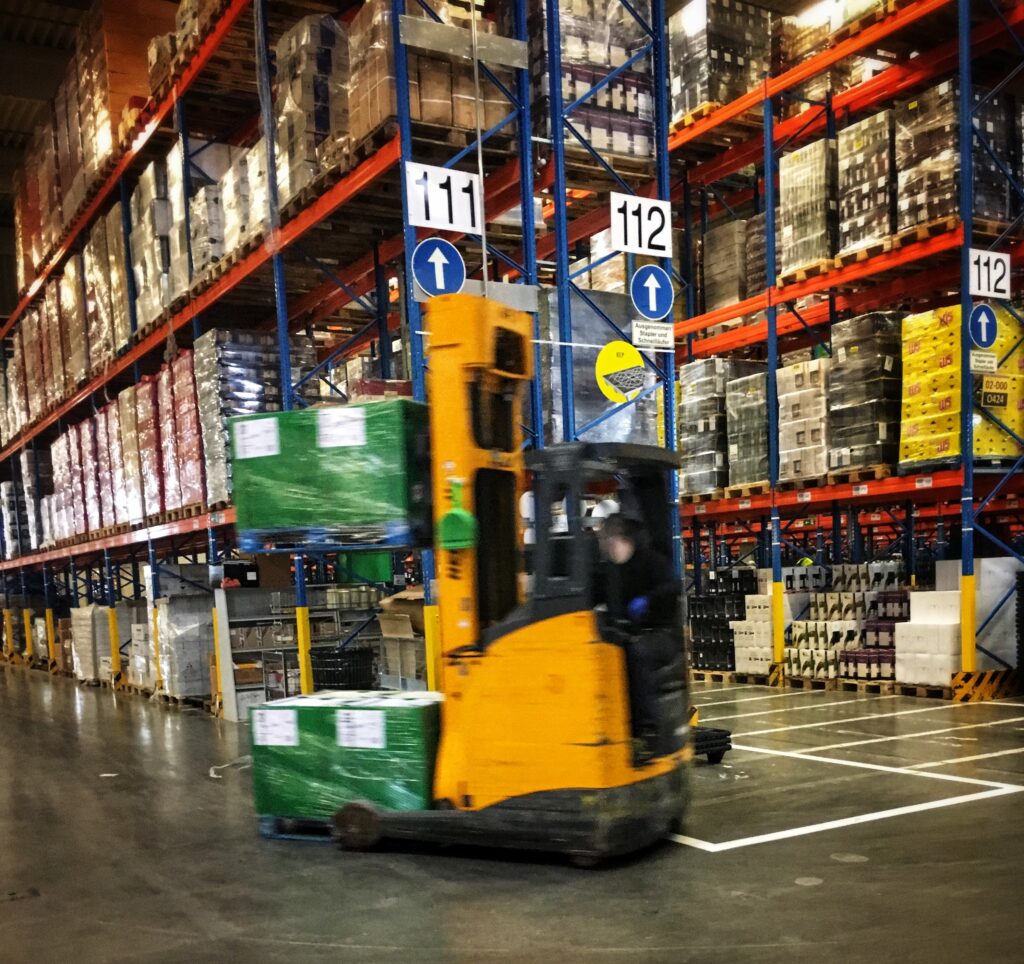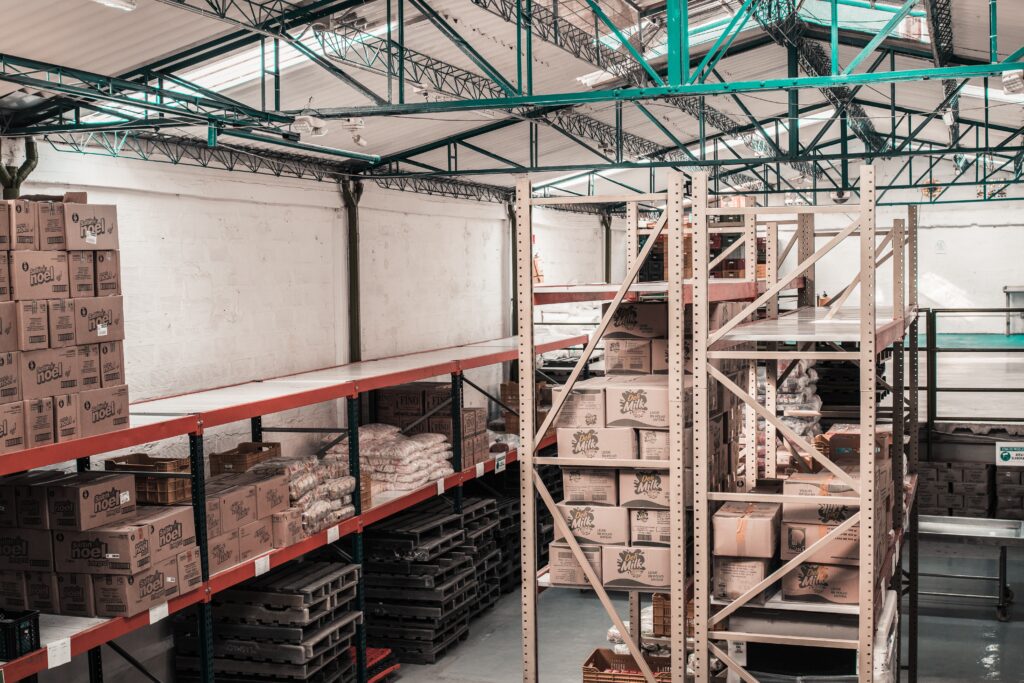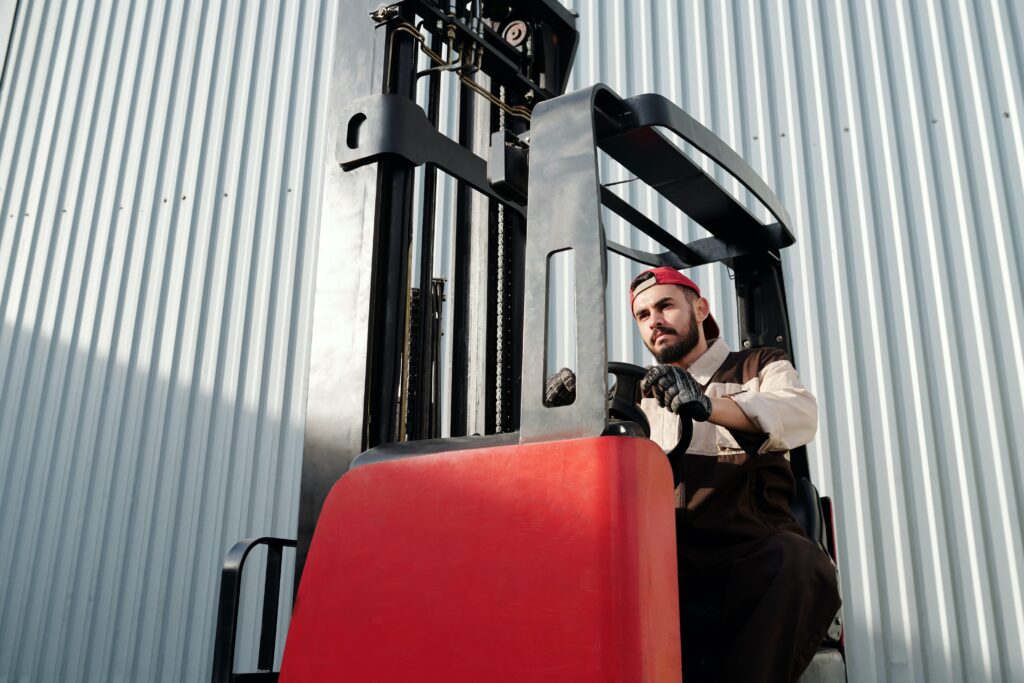
Forklifts are an essential part of any busy warehouse. To keep everything functioning, it’s vital that a healthy forklift fleet is well maintained – here’s our top tips.
Make maintenance routine. Everyone in the warehouse should adhere to routine maintenance of all forklifts, inside and out. Routine maintenance means potentially big forklift problems can be identified sooner rather than later, and forklifts beyond repair can be swiftly replaced without any big and costly surprises.
Monitor fleet usage. Are you using all forklifts to their full extent, or are you perhaps under using or even over using your forklifts? By monitoring how and when each unit is used, you can build up an effective picture of what your warehouse needs in terms of a healthy forklift fleet.
Keep up with training! Make sure all of your forklift operators have the training they need to use their equipment and keep it in top condition.
By keeping on top of your forklift fleet health, warehouses can ensure continued productivity in a fast paced and demanding environment.
For more information about our latest forklift vacancies, or to find out how Flexistaff can support your business, contact us on 0844 556 2916 or [email protected].








